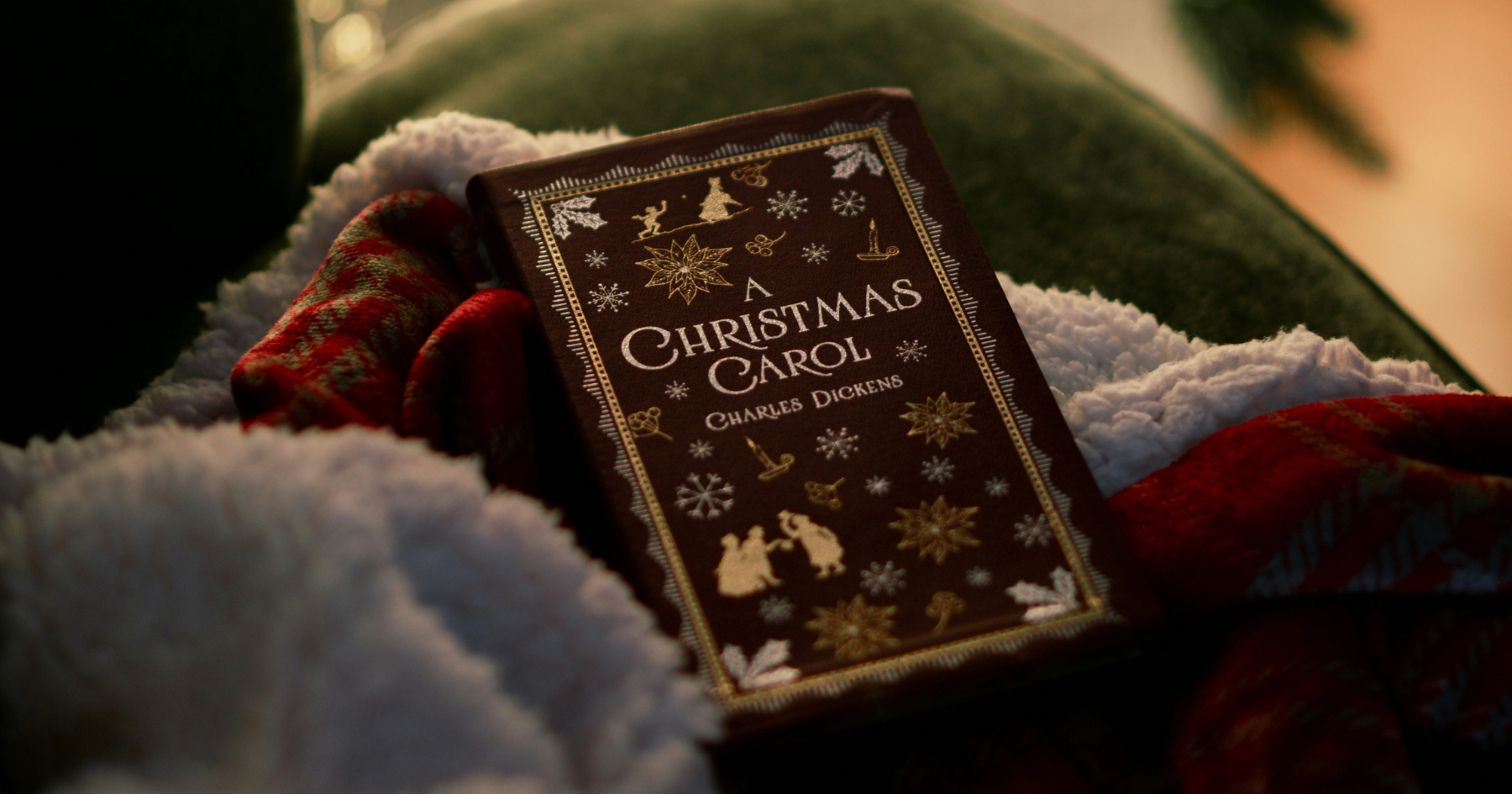For years, Alastair Sim in the 1951 A Christmas Carol has been so dear to my heart that Christmas does not feel complete unless I’ve watched it (at least once)! Many of us smile while watching Scrooge’s joy at his redemption. One year, a friend asked, “Why does Scrooge have to be threatened?” A good question!
Scrooge experiences a deep conversion, in which he comes to understand how life has shaped and molded him in ways that he now laments. On Christmas morning, he begins to change his behaviour, to undo damages. Or, in Christian terms, he repents: a radical change in direction, a profound shift in one’s behaviour and attitudes.
So, where did my friend’s question come from? In part, it comes from a culture that views moral laws with skepticism and is generally suspicious of rules.
Why does Scrooge needed to be threatened? First, a clarification of terms is in order. “Threat” is a difficult word. We associate threats with power and with the danger of being hurt if we do not comply. We must, however, acknowledge a more positive aspect of this word. Threats are also warnings. They are messages that try to draw our attention to the fact that there are unpleasant, even fatal possibilities if we are not careful. Consider what would occur if we didn’t enforce societal laws: speed limits, for example.
In this light, threats and warnings are necessary for our safety and well-being. Stop signs, for instance, warn and threaten us that there is the potential for danger to ourselves and others.
If we consider the question, “Why does Scrooge need to be threatened?” through the lens of our Jewish heritage, we turn to the prophets. The Biblical prophets were less concerned with prophecy than with pointing out the potential consequences of the behavioural choices of the people. The prophets hit the alarm bell to warn the people that their societal choices were contrary to the terms of their relationship with God and that they were breaking the agreed upon covenant. The covenant was a love relationship in which it was understood that if the people honoured God’s ways and wishes, they would live safely on the land and enjoy God’s protection. The prophets were not using power to make the people comply, but they were (in the best sense of the word) threatening: making the people aware of the consequences of rejecting their relationship with God.
In more familiar terms, couples in which both individuals work to care for and support the other are keeping their relationship covenant well. It doesn’t take an expert to foretell what will happen if one member strays or starts to neglect the other. Does this person know how their path will lead to disaster? Not always. Often, we need a warning to scare us into keeping ourselves safe.
Perhaps today’s environmentalists act as modern prophets. They point out how our choices are leading to higher oceans, erratic weather and extinction of species on an unprecedented scale. They threaten and warn us to change our ways.
Through the ghosts of Christmas past, present and future Scrooge sees his past and how his actions have shaped him up to the present. He also sees a glimpse of the future. With horror he realizes that some actions are irrevocable: what is done is done. Everyone knows that this is true: how often we wish we could change the past and make better choices.
A Christmas Carol is hopeful, for Scrooge’s regret and remorse demonstrate that there is hope, which triumphs over despair. When we see our faults and demonstrate regret, then others may see our sincerity and open themselves up to healing a broken relationship. This is true for human relationships and our relationship with God.
Why does Scrooge need to be threatened? Because he can no longer see the direction his life is heading in. The ghosts are not threatening him because they enjoy their power over Scrooge; they are trying to protect him from the consequences of his actions.
The joy of this story is that it is not too late. How terrible that would have been. The story offers us hope. I recall a Catholic priest friend of mine who said that our last breath is our last chance to get things right with God. Afterwards, there is no hope. Personally, I found that view offensive and that it made life a bit like the old game show Beat the Clock. I do not believe in a God that gives up on us, in life and in life beyond life. The God I worship seeks to bring all humanity to his care and will not stop offering his love. It is up to Scrooge, and each of us, to accept that love. It invites us to go to Bethlehem and, like the shepherds and magi, meet the one who is our saviour.



